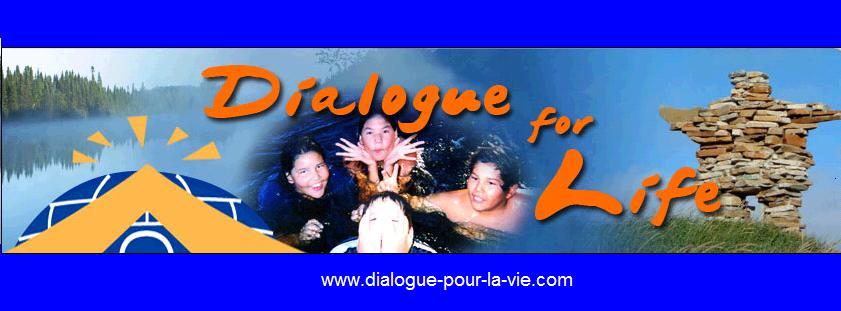Objectives
The remoteness, the issues related to the language, culture and having to intervene in their environment, sometimes with members of his own family, both reflect the importance of their role, but also their vulnerability to trauma related to work and burnout. Although collaboration with regional organizations in suicide prevention develops gradually, issues specific to Aboriginal settings fully justify the existence of a separate organization.
Everywhere where we will present our approach (L'Association Québécoise de prévention du suicide, International French Congress on Suicide Prevention, Canadian Association Suicide Prevention, Native Mental Health Association of Canada, regional seminars, etc.), the comments underline the need for Aboriginal front line workers as one of the key elements of any strategy dealing with any or all psychosocial issues affecting the lives of First Nations and Inuit communities.
- Bring together people and organizations concerned and involved with the prevalence of suicide and other self-destructive behaviours (violence, abuse, addictions etc...) in Aboriginal communities
- Support the development of prevention and intervention models that are adapted to the specific realities faced by First Nations and Inuit communities and Aboriginal populations living in urban areas.
- Encourage the sharing of information on initiatives and experiences in the prevention and intervention here or outside Quebec.
- Organize training activities.
- Encourage the cultural awareness training of non-Aboriginal workers (doctors, nurses, social workers, psychologists, teachers, etc).
- Promote a better understanding by the general population of the historical and contemporary realities that have contributed to the prevalence of social problems, such as suicide, in Aboriginal communities.






